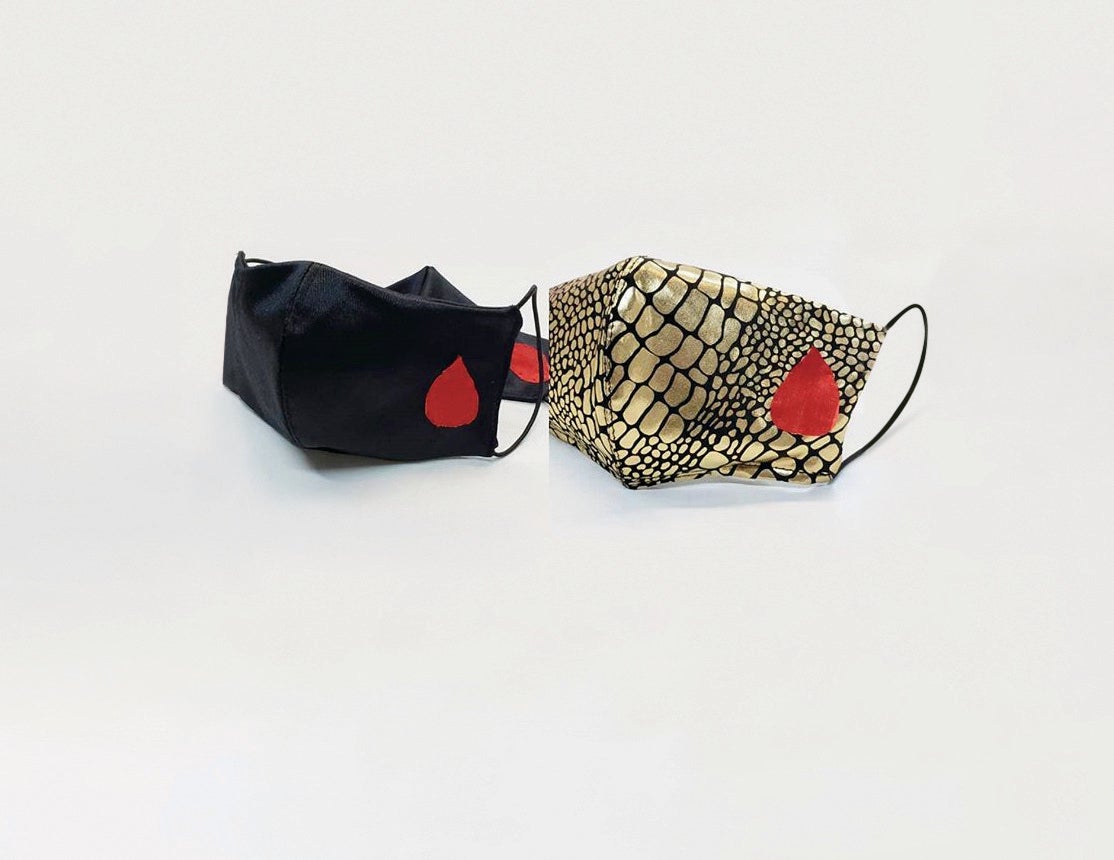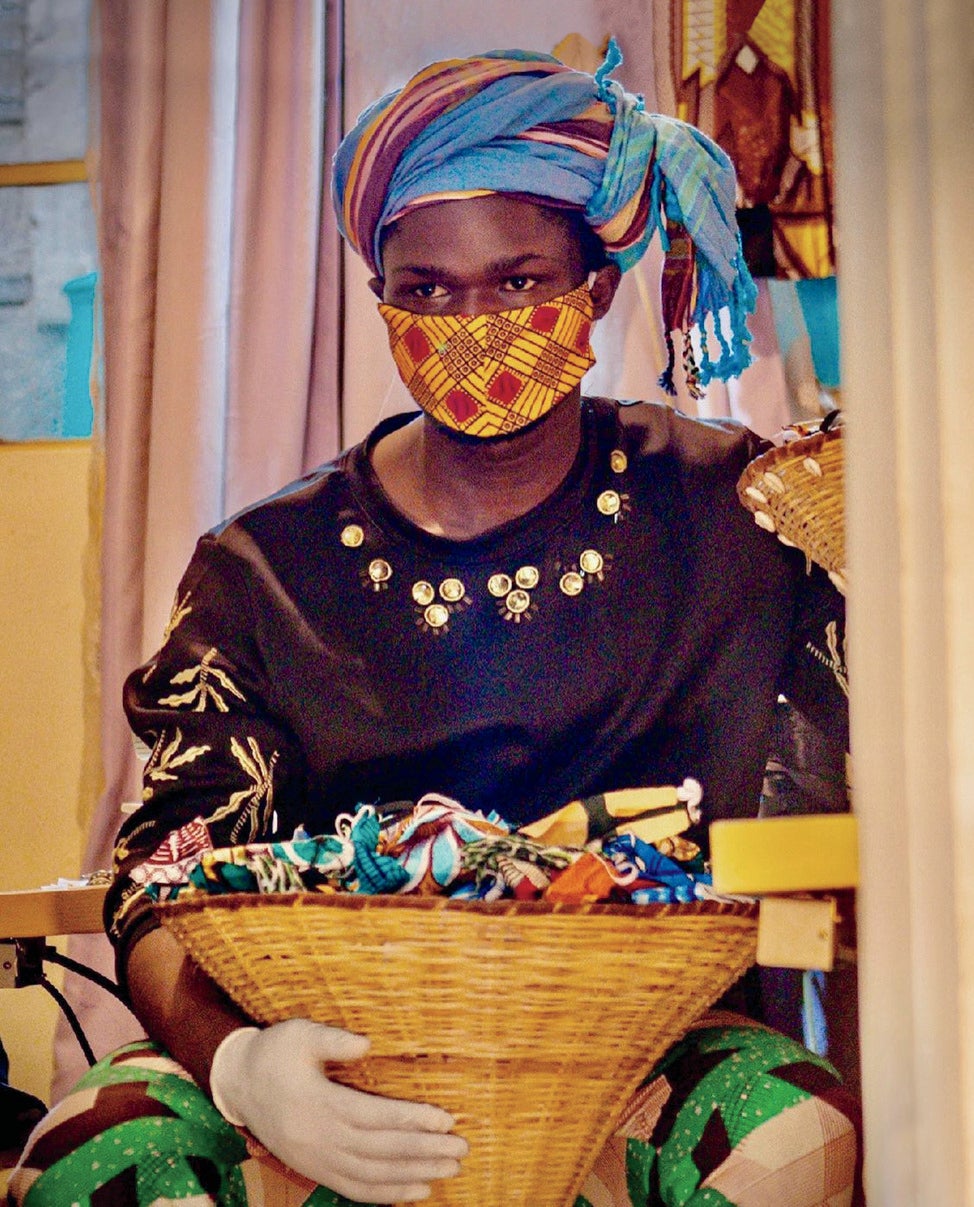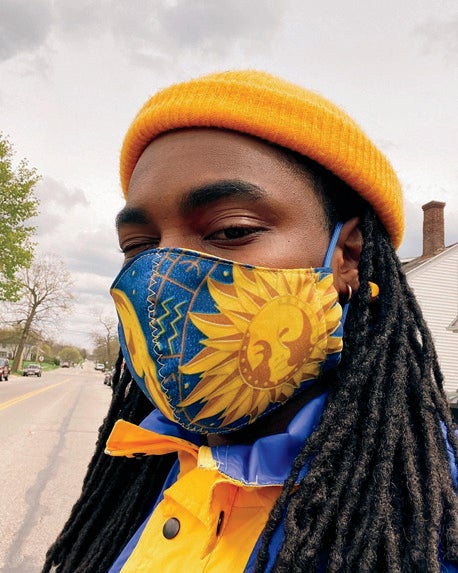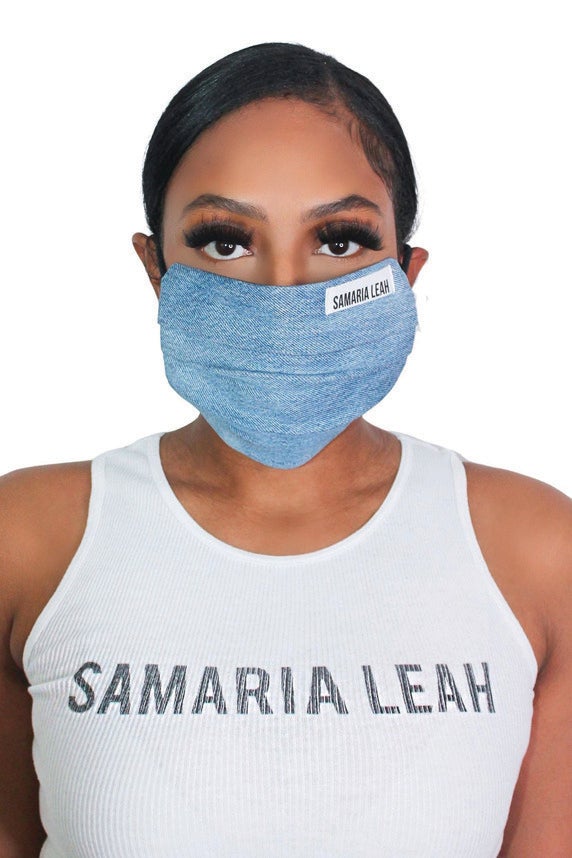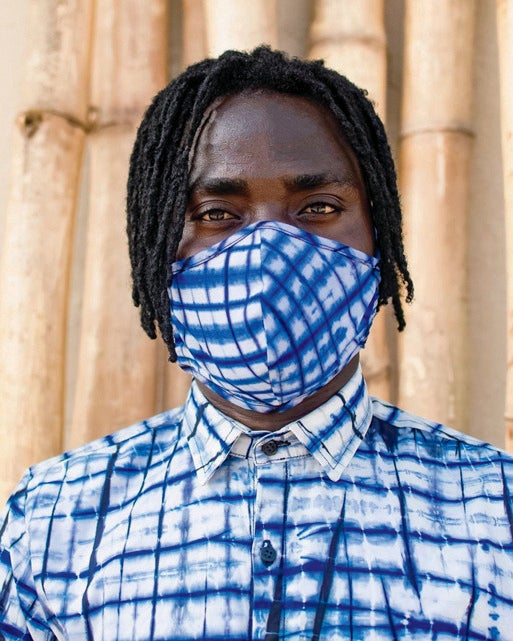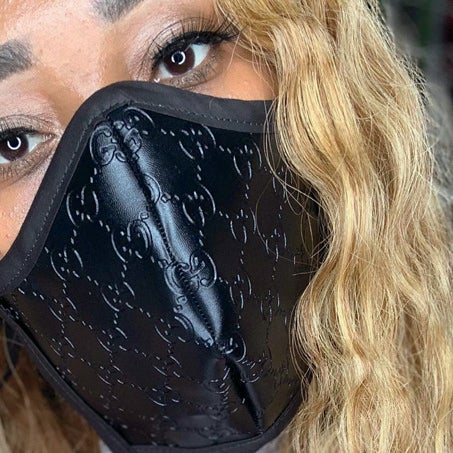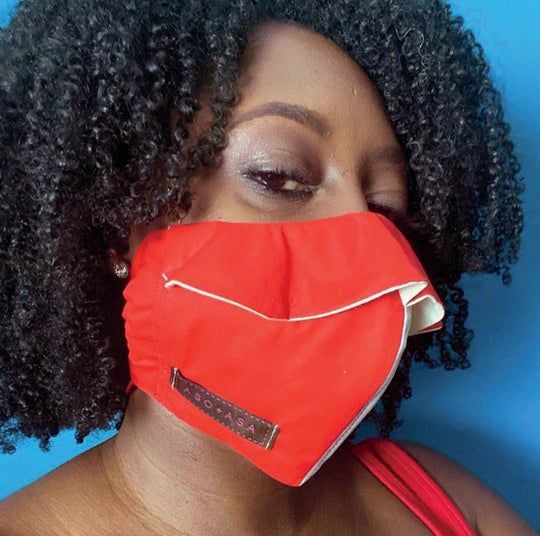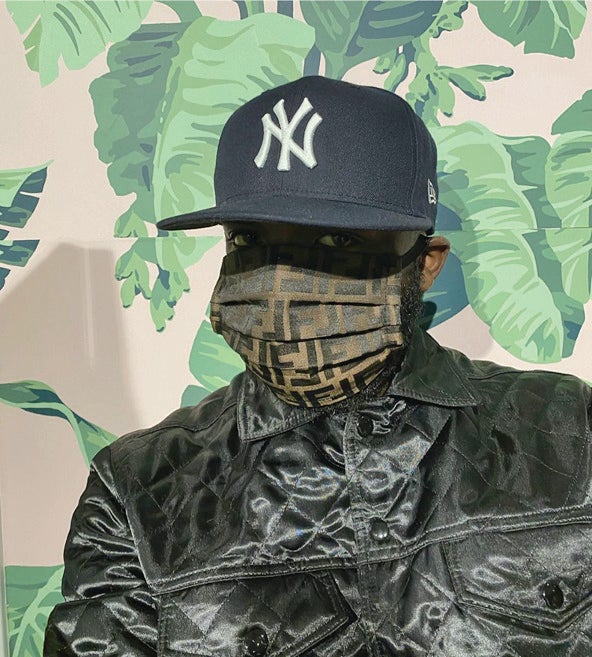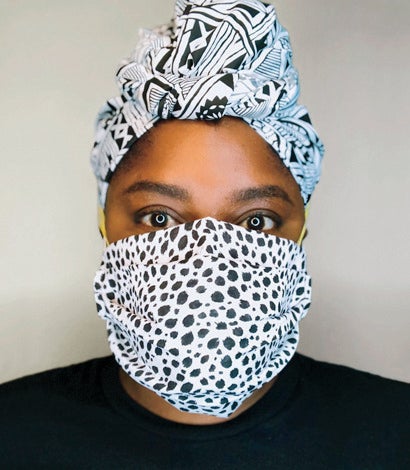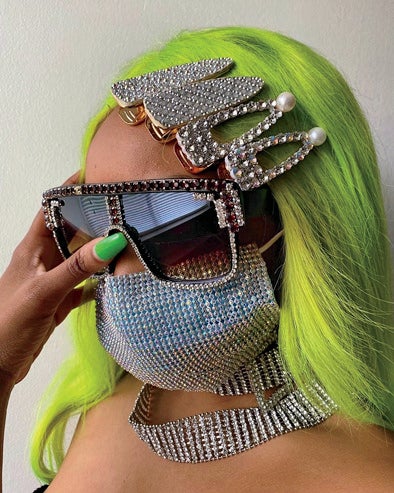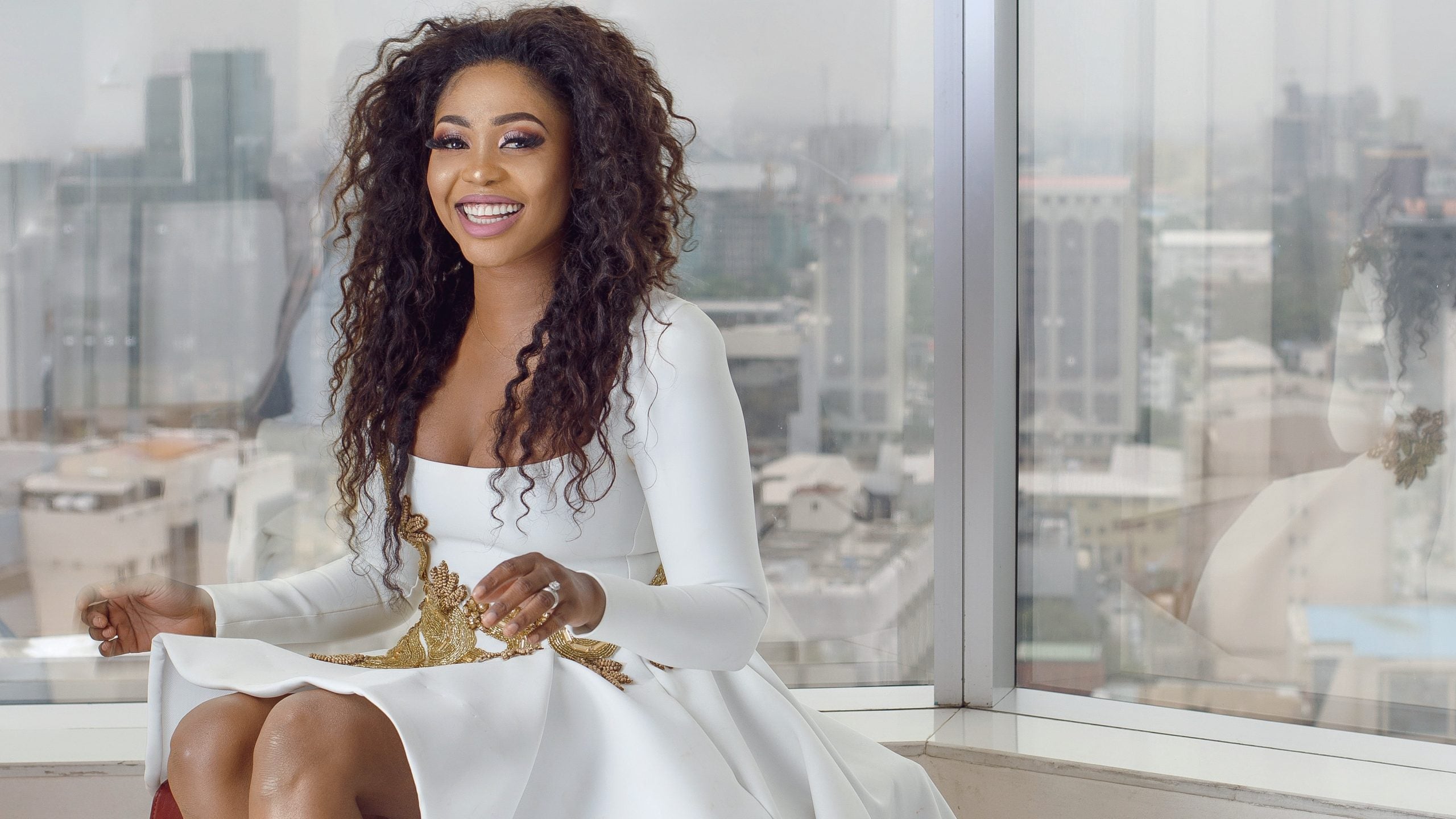
The fashion industry thrives on glitz, as designer Esé Azénabor can attest. Her custom wedding dresses and gowns are exquisitely accented with crystals, trains and puffer sleeves. Azénabor’s eye for glam getups is one reason why celebrities like Taraji P. Henson and Eva Marcille enjoy stepping out in her threads. But when the novel coronavirus hit, Azénabor quickly shifted her business model to include the making of masks. “Who knew that a small piece of cloth to cover your nose was going to have such a big impact?” she says.


Azénabor, whose design studio is located in Dallas, has since transformed her business into a fully functioning mask operation. By manufacturing more than 10,000 face coverings and delivering the bulk of them to more than 200 hospitals, the designer has quietly become a hero for our times. ESSENCE caught up with Azénabor to talk about her new initiative.
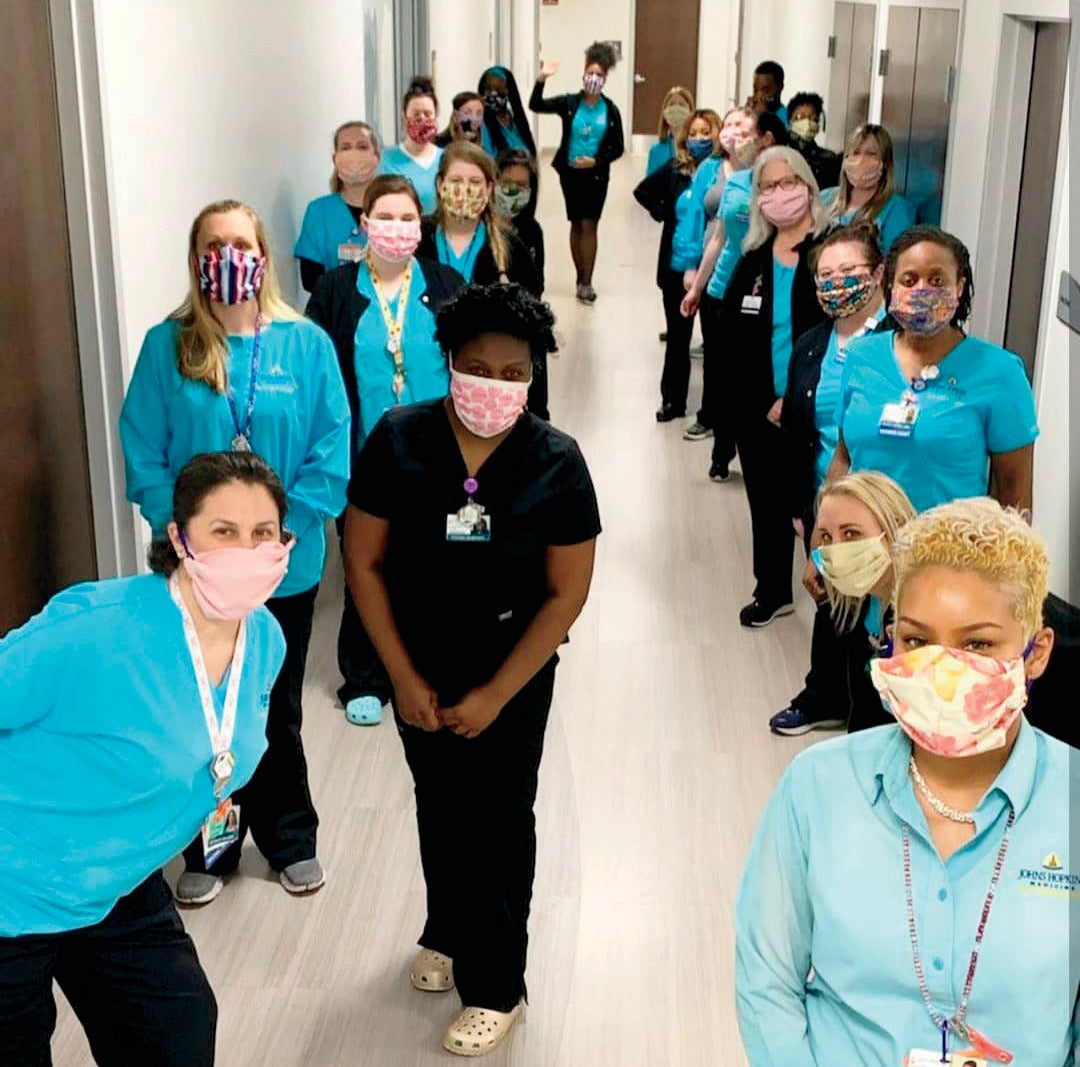
ESSENCE: How has business been since the start of the COVID-19 pandemic?
ESÉ AZÉNABOR: Business-wise, things have definitely slowed down, but I refuse to see that as a negative. For me, it’s more like, okay, now is the time to brainstorm, to design our new collection, so that when all this is over, we’re not in raw shape. And then, of course, we’re making masks. When we found out they were needed, I definitely hopped on that, just so my employees weren’t sitting at home and going unpaid. We all came together and started making masks for hospitals. It seems we’re even busier than when everything was normal. We had a goal of donating to upward of 50 hospitals. And then we started selling the masks as well, so that we could raise more money for donations.
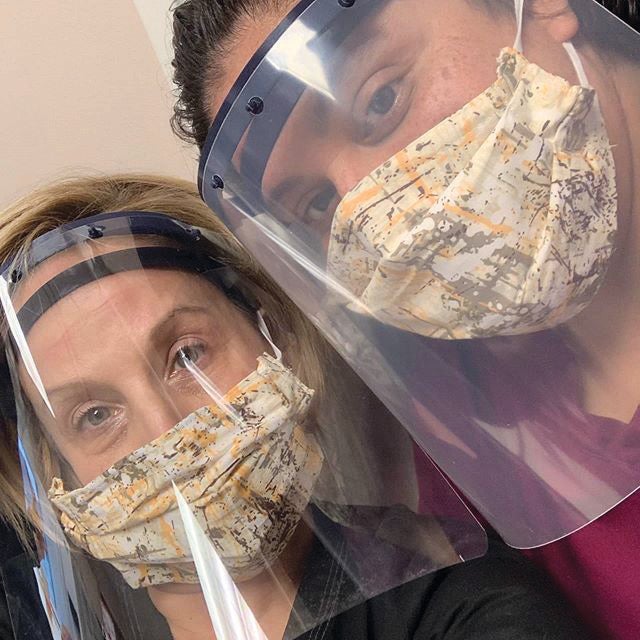
ESSENCE: You usually make avant-garde gowns. What made you want to start making PPE?
AZÉNABOR: Well, we figured we could. We know how to sew, and there’s a demand for them. In Dallas, the mayor announced that they needed designers to help make masks for hospital workers. And I thought, Well, I can’t just sit back and not do anything, when I knew that we had the ability to help. It was definitely a big shift from beading and producing wedding dresses and evening gowns. We’re doing the same thing over and over again. It can be boring, I’ll tell you that. But the fact that we knew our masks were going to help people motivated us to keep going.
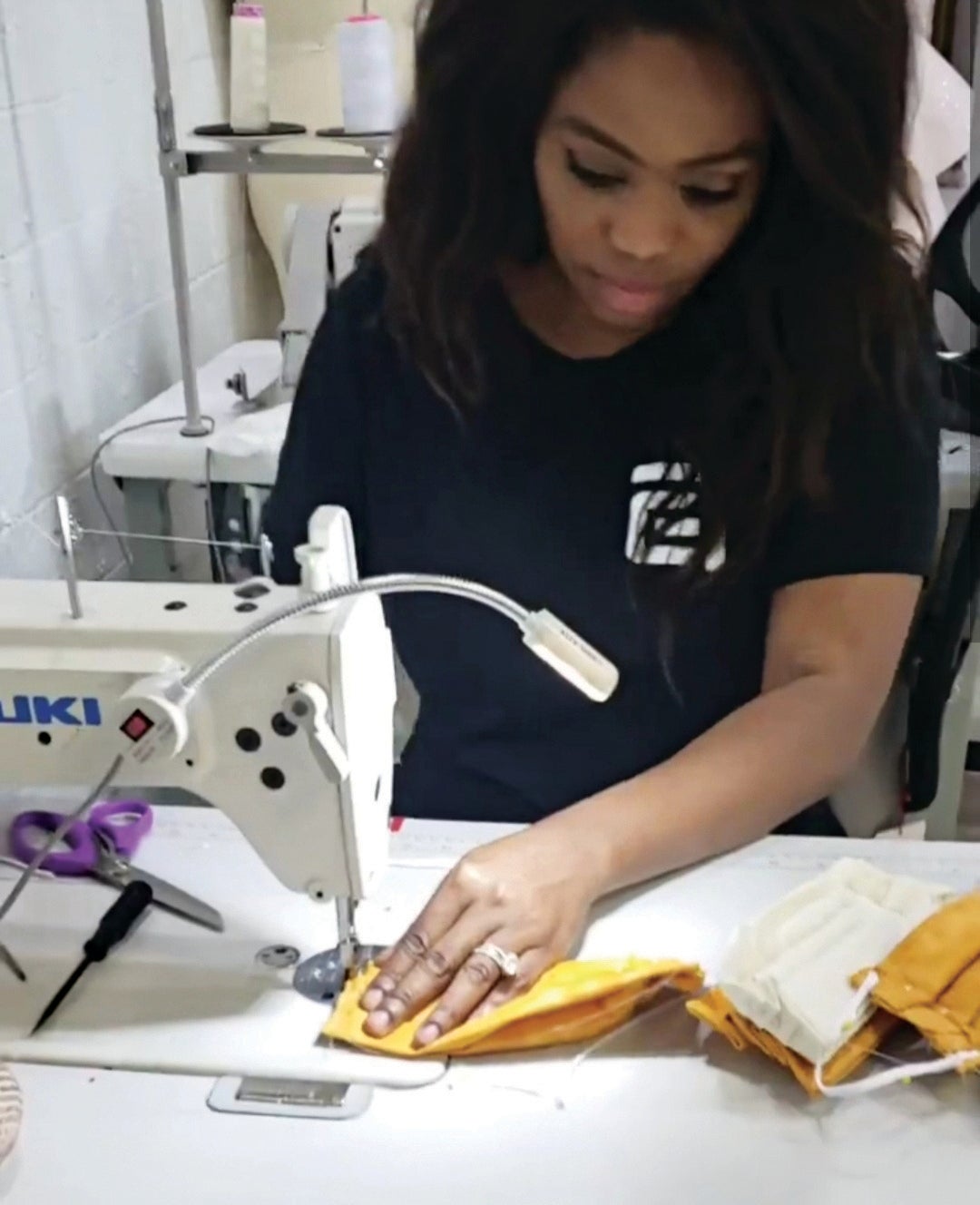
ESSENCE: How does it feel to know you are saving lives?
AZÉNABOR: It’s definitely rewarding. I’d never felt like this before in the bridal industry. I mean, I love what I do. I love my job as a designer. Whenever I see [a customer] for the first time put her wedding dress on, and her expression, I know that my work is definitely about more than money. But making masks that will help to save lives is even more satisfying. Someone reached out to us on social media saying her daughter, 4 years old, has lung cancer, and she was in the hospital undergoing chemo. And the mother was worried that her daughter had been wearing the same mask the whole time she’d been there. I said, “You know what? Stopover to the showroom. I’ll give you and your family new masks. And whatever else you need, I will make.”
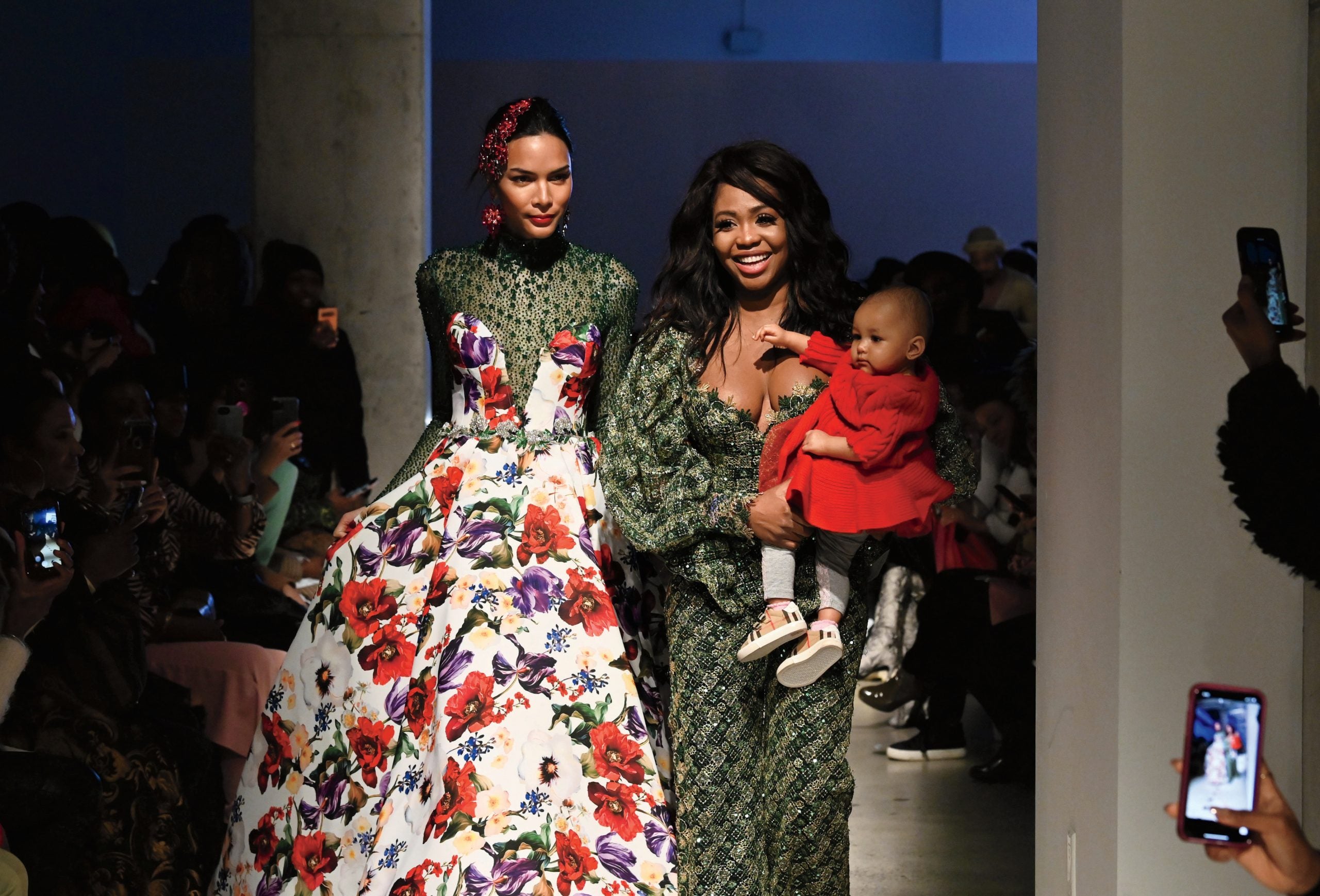
ESSENCE: Do you have volunteers that help you?
AZÉNABOR: Even though we got a lot of requests from volunteers, we couldn’t crowd up the place. We had more than 20 offers, but we only took three volunteers. They come to the studio when my employees aren’t there working.
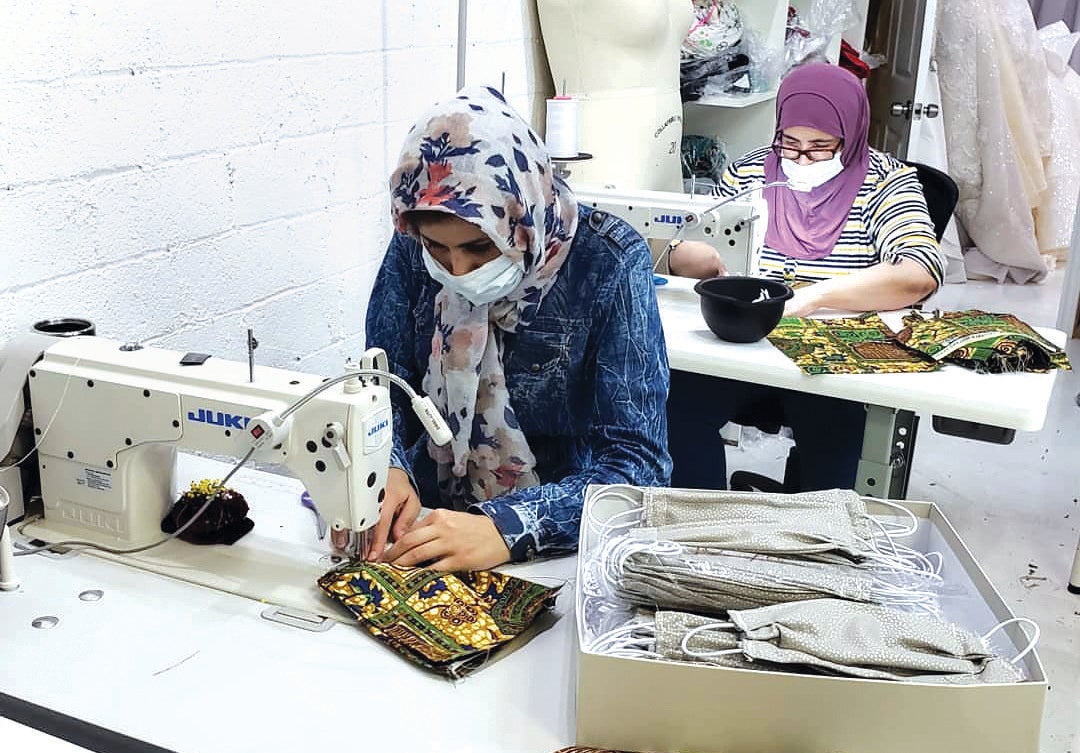
ESSENCE: Will masks ever become a wardrobe essential?
AZÉNABOR: You make a garment; you make a mask to match your garment. It’s like, “Hey, if I’m going to be covering my face and not wearing lipstick, I might as well still look fabulous.” I love that attitude. It’s not about, “Oh, let’s all look like we’re suffering.” Instead, it’s, “Okay, well, we’ll try to protect ourselves and look great while we’re doing it.” Let’s celebrate that.
